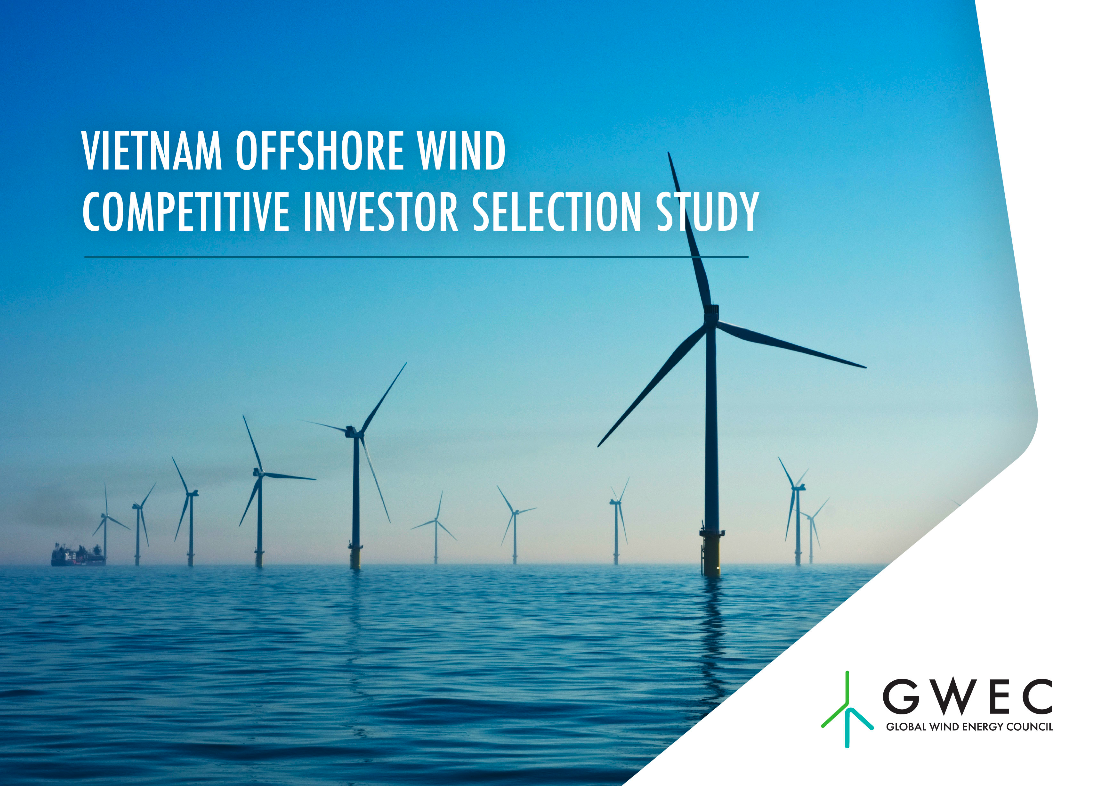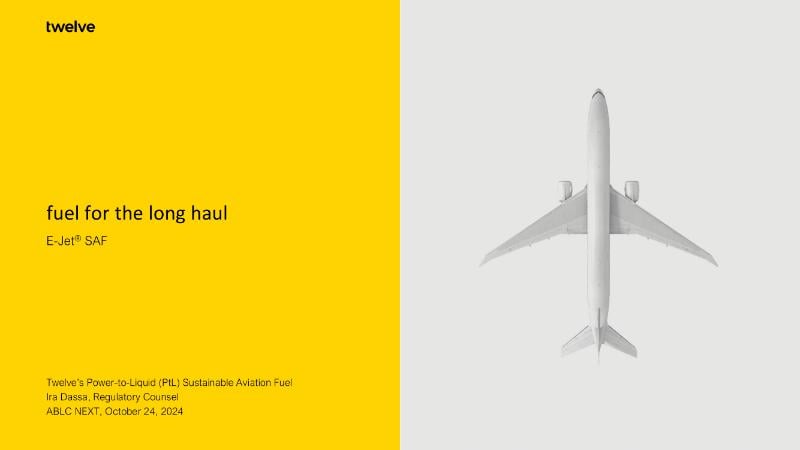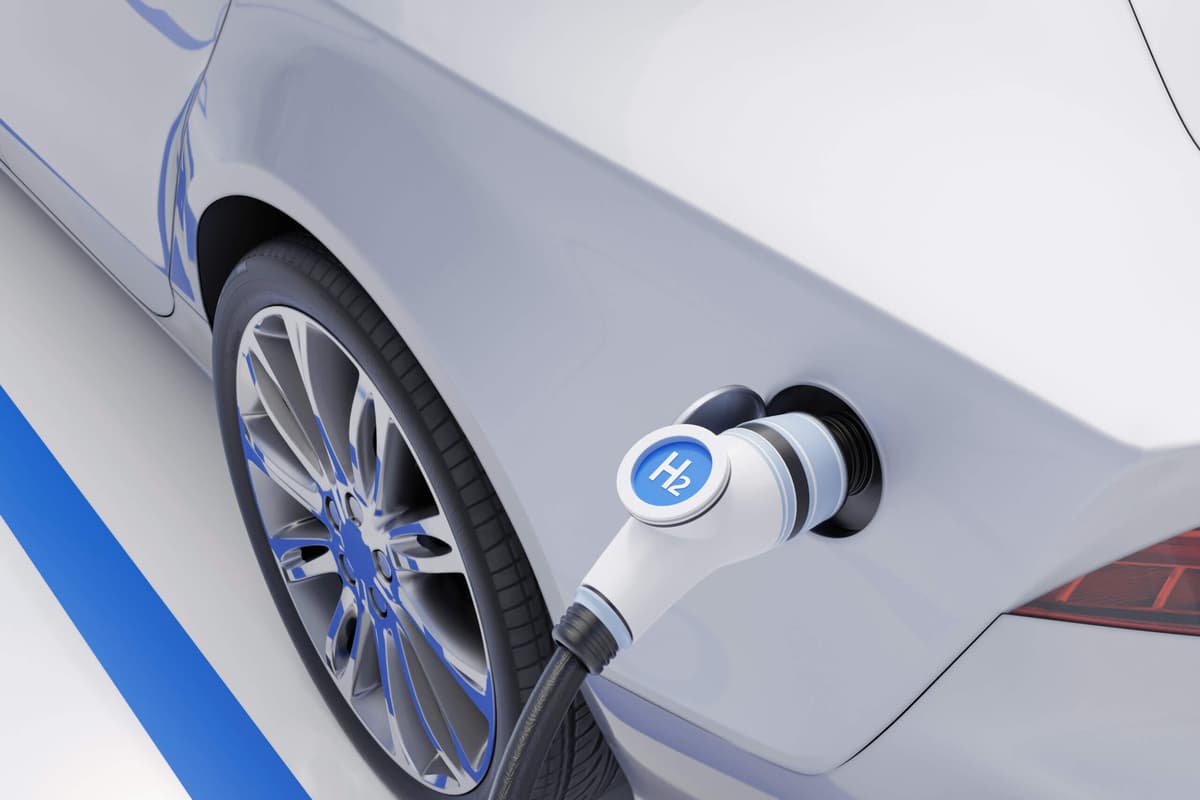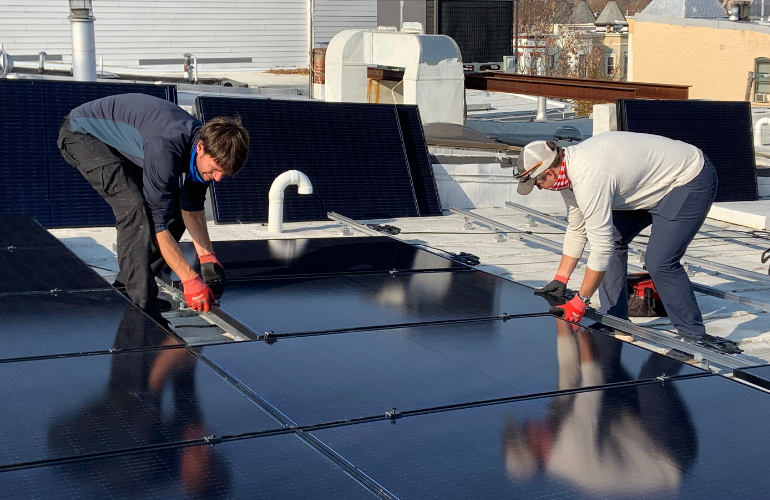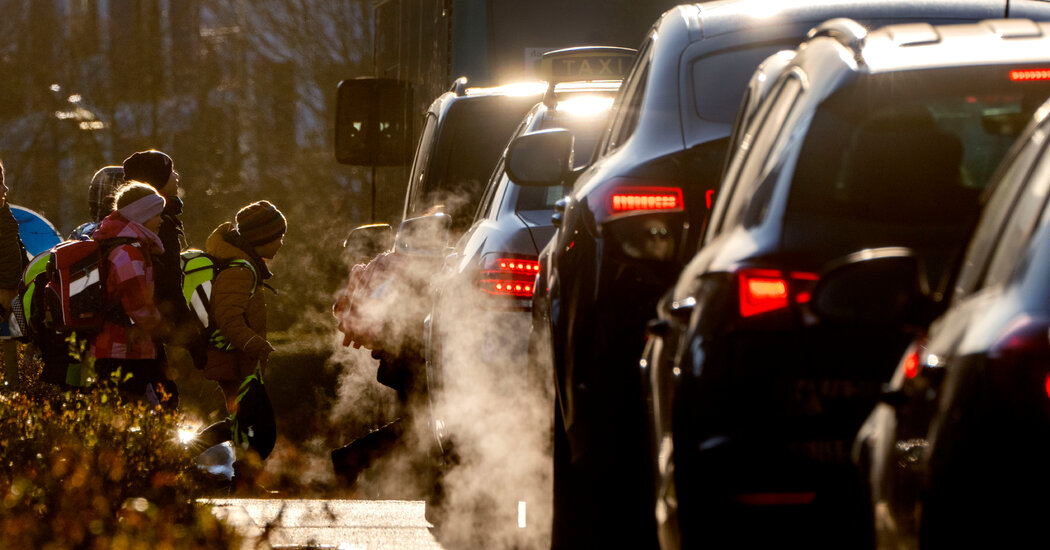
The German government has reached an agreement with the European Union to allow the sale of vehicles that burn fuels made from renewable energy past 2035, resolving a dispute that threatened to upset a key element of the bloc’s path to climate neutrality.
Volker Wissing, Germany’s minister for transportation, said on Saturday that Berlin had won assurances from negotiators that the rules for new vehicles would be technology neutral, allowing carbon-neutral synthetic fuels, known as e-fuels, to be used. Germany had been pushing for an exception to the E.U.’s proposed 2035 ban on internal combustion engines.
“This paves the way for vehicles with combustion engines that only use CO2-neutral fuels to be newly registered after 2035,” Mr. Volker Wissing said.
“In a first step, a vehicle category of e-fuels-only is to be created and subsequently integrated into the fleet limit regulation,” he said. The full process is to be completed by the fall of 2024, he said.
Berlin’s decision in early March to seek a change in the E.U. legislation came on the eve of a final vote, causing a rift among E.U. governments and threatening to undermine legislation that is a cornerstone of the European Union’s ambitious plans to make the 27-member bloc carbon-neutral by 2050.
Germany’s position was supported by some carmakers, including Porsche, but it has provoked criticism from other manufacturers that have begun spending huge sums to shift their production toward electric vehicles in anticipation of the ban.
The vote can now be held on Tuesday when energy ministers meet in Brussels. Several other countries, including Italy and the Czech Republic, that had opposed the legislation will be unable to reach a sufficient number of votes to block its passage. Italy wanted further assurances, including how cars using biofuels could also be exempted.
“We will work now on getting the CO2-standards for cars regulation adopted as soon as possible, and the Commission will follow-up swiftly with the necessary legal steps,” Frans Timmermans, the vice president of the European Commission who oversees the bloc’s push toward climate neutrality, said on Twitter.

